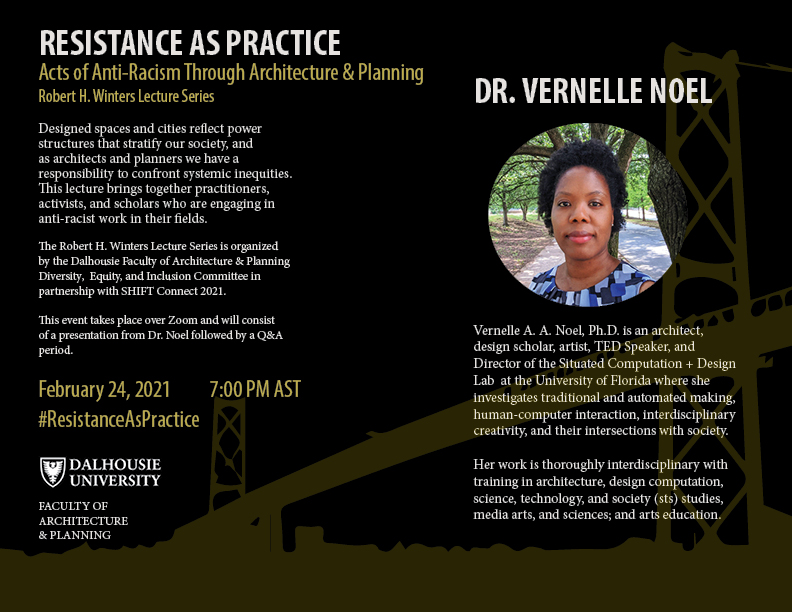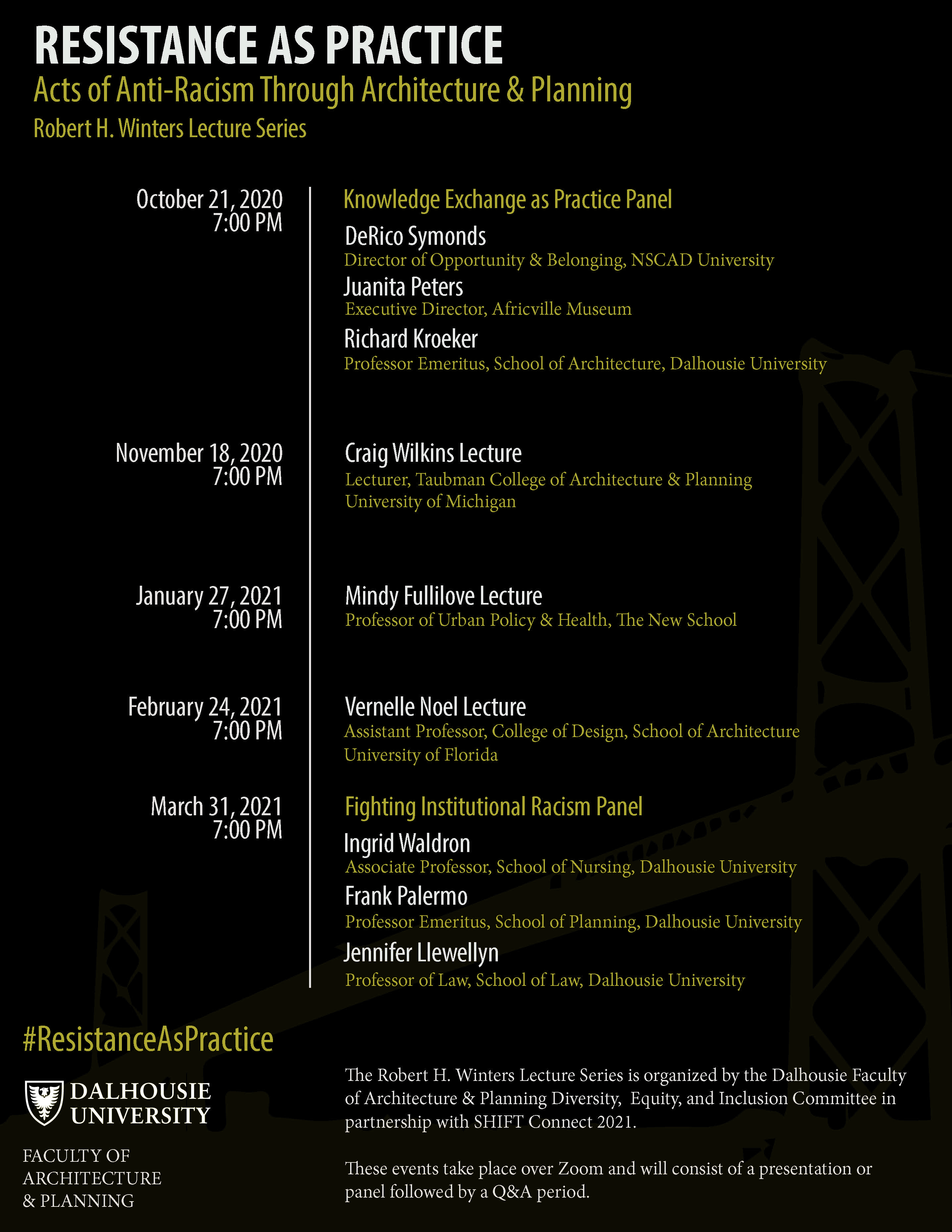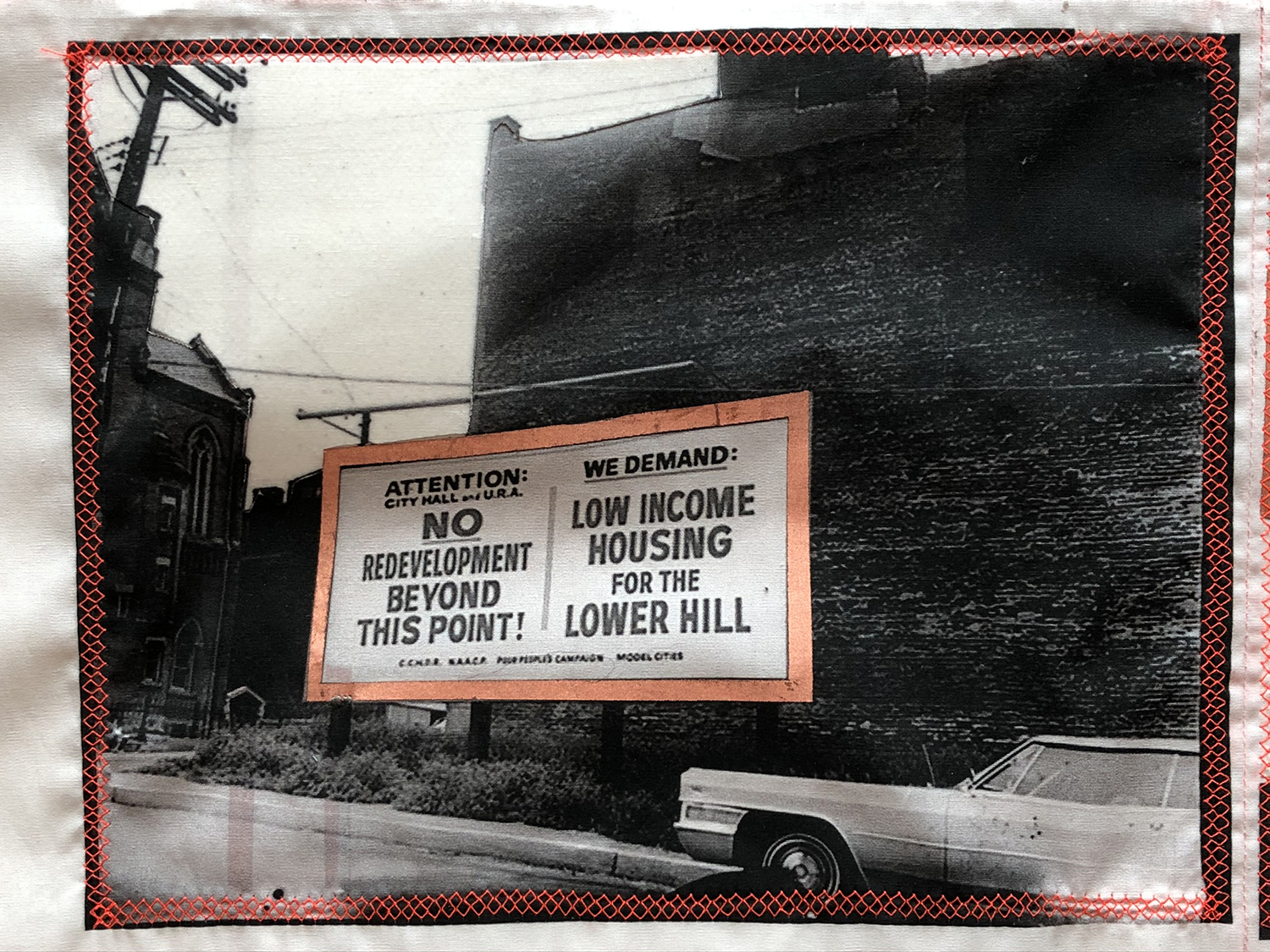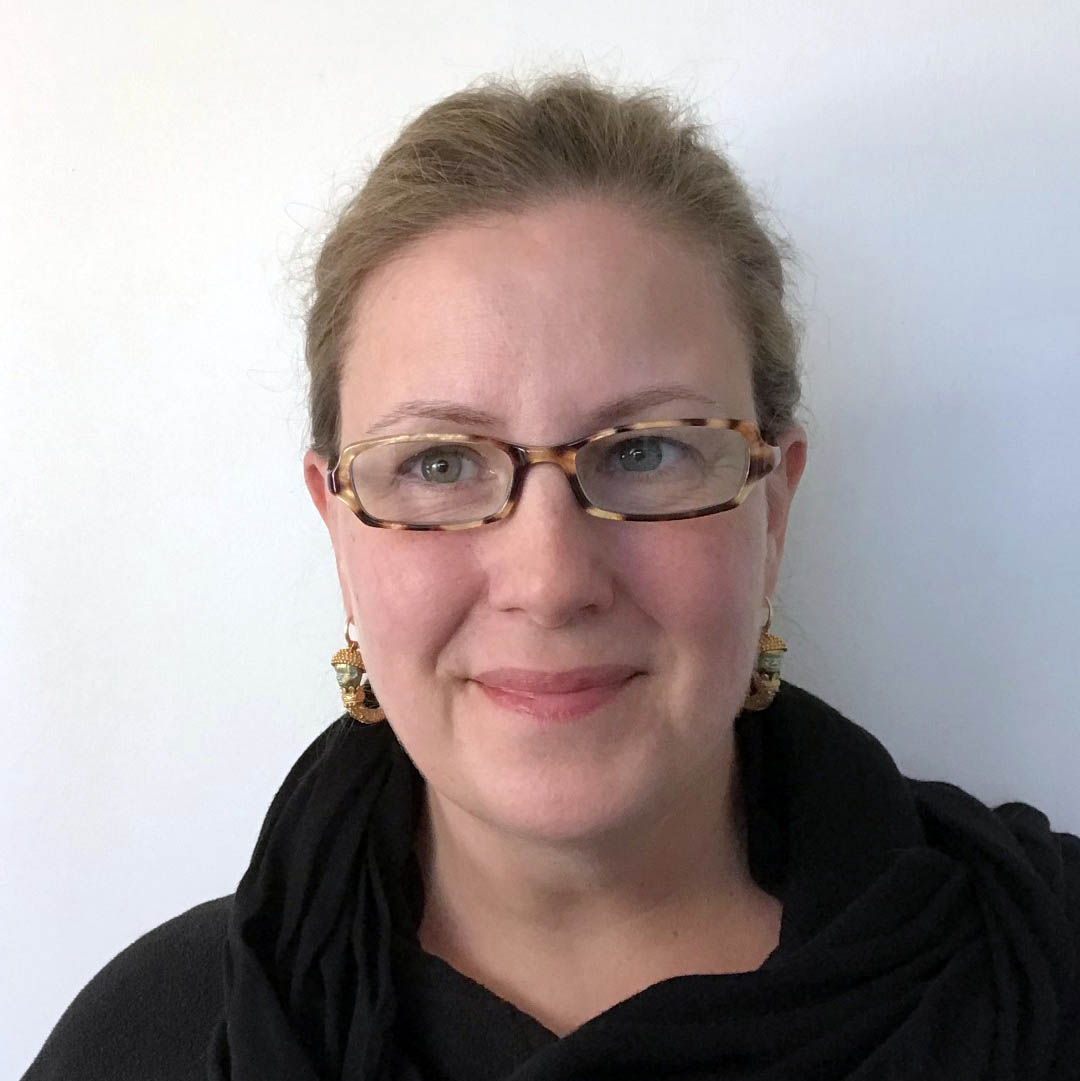2021 ACSA Board Candidates and Results
2021 Election Results
The ACSA Board of Directors is pleased to announce the results of the 2021 ACSA Election:
Second Vice President: Mo Zell
At-Large Director: Catherine Hamel
At-Large Director: Kwesi Daniels
They will be joined by Shannon Defranza (Roger Williams University / AIAS) as the incoming ACSA Student Director.
Congratulations to all of the new board members.
Candidates and Online Voting
Below is information on the 2021 ACSA election, including candidate information. Official ballots were emailed to all full-member ACSA schools’ Faculty Councilors, who are the voting representatives. Faculty Councilors must complete the online ballot by close of business, February 12, 2021.
+ Download a single PDF of all candidates’ statements & short curriculum vitae
2021 ACSA SECOND VICE PRESIDENT CANDIDATES
The Second Vice President serves on the Board for a four-year term, beginning on July 1, 2021, with the first year served as Second Vice President, the second year served as First Vice President/President-Elect, the third year served as President, and the fourth year served as Past President. The links below include campaign statements written by each candidate and short curriculum vitae.
 | 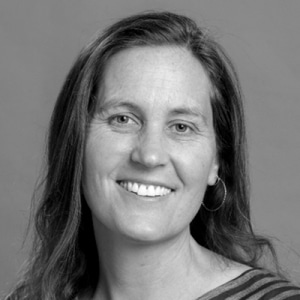 | |
| Hazem Rashed-Ali University of Texas at San Antonio | Mo Zell University of Wisconsin, Milwaukee | |
2021 AT-LARGE DIRECTOR POSITION CANDIDATES – POSITION 1
The At-Large Directors serve for a three-year term, beginning on July 1, 2021. At-Large Directors serve as voting members of the Board. In addition, they have the following roles and responsibilities: (A) Liaison with Member Schools, including participating in organized business meetings; maintaining contact with Faculty Councilors and others associated with member schools; assisting member schools upon request; advising candidate or affiliated schools; and advising the Board of issues and concerns raised by members; (B) Contributing to the Work of the Board through actively serving on Board committees and contributing to collective deliberations; and (C) Performing other duties, as provided by the Rules of the Board of Directors or requested by the Board. The links below include campaign statements written by each candidate and short curriculum vitae.
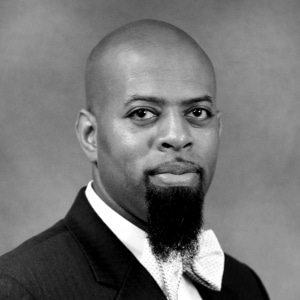 |  | |
| Kwesi Daniels Tuskegee University | Vincent Hui Ryerson University | |
2021 AT-LARGE DIRECTOR POSITION CANDIDATES – POSITION 2
 | 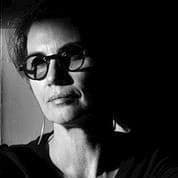 | |
| Diogo Burnay Dalhousie University | Catherine Hamel University of Calgary | |
ACSA Election Process
ACSA Bylaws, Article VIII. Nominations, Elections, and Recall, Section 3: Election Process: “Elections shall be held in accordance with the Rules of the Board of Directors. Faculty Councilors of member schools shall be responsible for encouraging colleagues to express their views regarding candidates for Association elections, and shall submit the vote of the member school they represent on behalf of all members of the faculty. The Association shall announce the results of elections and appointments as soon as feasible, consistent with the Rules of the Board of Directors.”
The Faculty Councilor from each ACSA full-member school is the voting representative. Faculty Councilors must complete the online ballot by close of business, February 12, 2021.
+ Download a single PDF of all candidates’ statements & short curriculum vitae
Timeline
January 13, 2021 Ballots emailed to all full-member schools, Faculty Councilors*
February 12, 2021 Deadline for receipt of completed online ballots
March 2021 Winners introduced at ACSA Annual Business Meeting
* The Faculty Councilor from each ACSA full-member school is the voting representative and must complete the online ballot by close of business, February 12, 2021.
Michelle Sturges
Membership Manager
202-785-2324
msturges@acsa-arch.org

 Study Architecture
Study Architecture  ProPEL
ProPEL 
